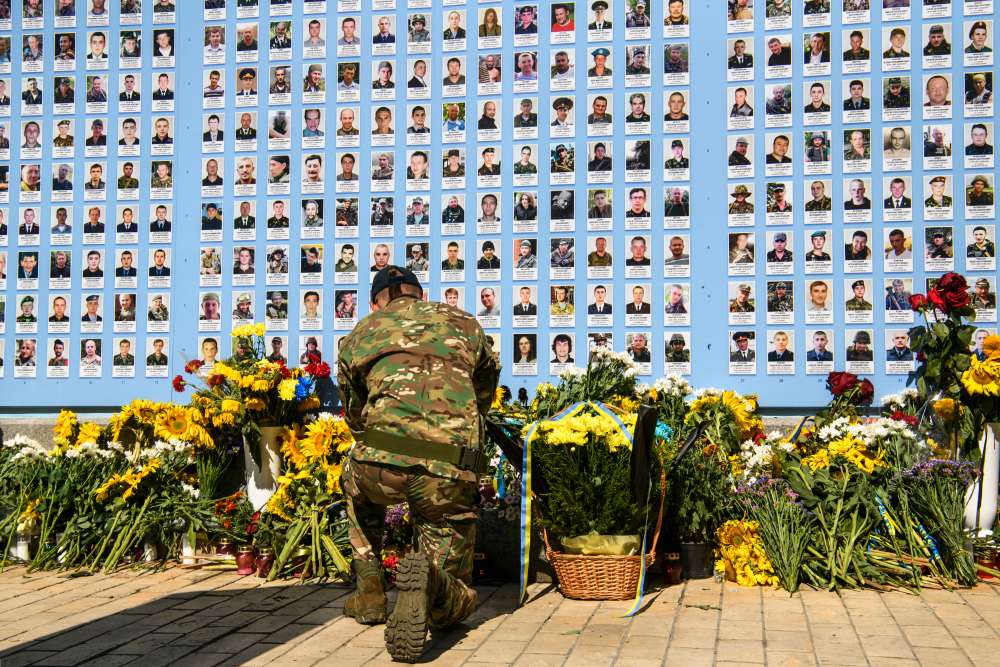Perspectives on Peace in Eastern Ukraine

In the contested regions of the Donbas located in eastern Ukraine, a political solution to the ongoing conflict clearly hinges on Russia. At the same time, opinions in Ukraine about the future of Donbas differ significantly. In particular, those most affected by the conflict – namely veterans and internally displaced persons (IDPs) – have a large stake in its resolution, yet their attitudes remain ill-explored and are not always included in peacebuilding efforts. For a chance at sustainable peace, the support and buy-in of these affected groups is crucial. Better understanding these stakeholders’ perspectives on the trade-offs associated with resolving the conflict in Donbas is a necessary part of the peace process.
To this end, GPPi is conducting a research project on attitudes toward conflict resolution in eastern Ukraine. This project aims to shed light on stakeholders’ must-haves and non-negotiables concerning existing peace proposals. Based on the findings, the project team’s goal is to inform existing dialogue programs and formulate concrete policy recommendations for civil society, government and external actors. The project is funded by the Konrad Adenauer Foundation’s Kharkiv Office and will run until April 2022.
The project focuses on four main areas:
- Identification and mapping of stakeholders and their attitudes expressed through existing surveys and literature on the Donbas conflict;
- Investigation of the different stakeholder groups’ attitudes toward various (technical) aspects of conflict resolution through qualitative interviews and a quantitative survey of people residing in Kharkiv, Donetsk and Lunhansk regions (government-controlled areas);
- Development of recommendations for civil society, government and external actors on how to better integrate the groups most affected by the ongoing conflict in Donbas into existing dialogue programs and civil society initiatives in eastern Ukraine;
- Dissemination of findings.
The final report is available for download. For more information, please contact Julia Friedrich.

This project is funded by the Konrad-Adenauer-Stiftung through December 2021.







